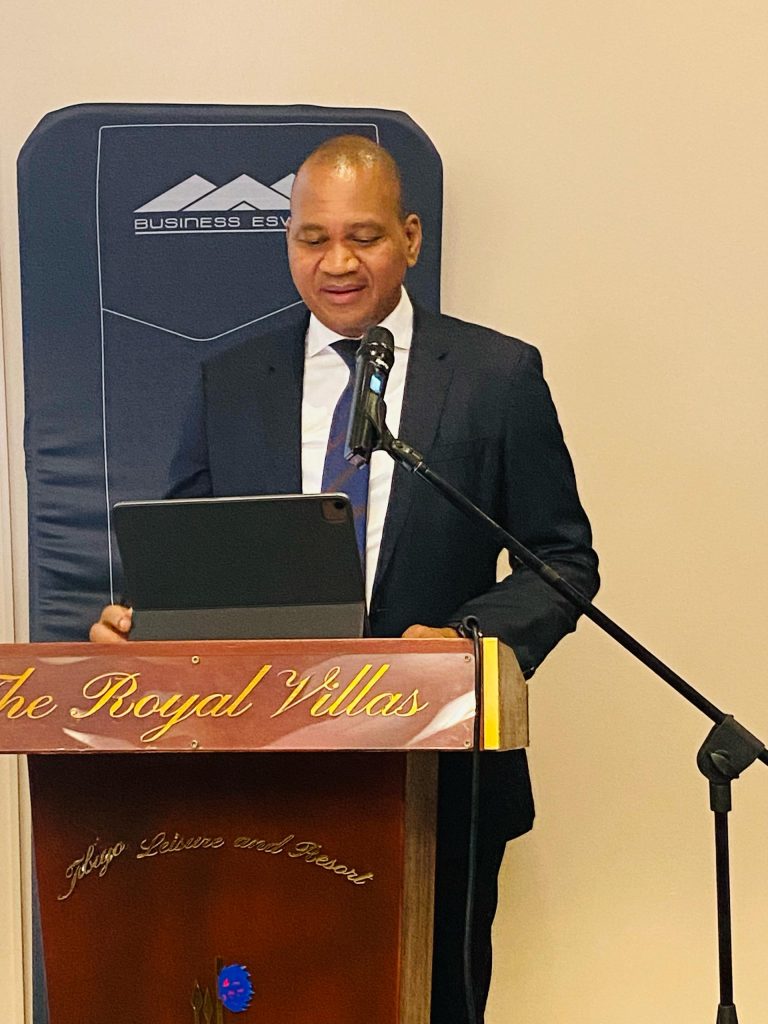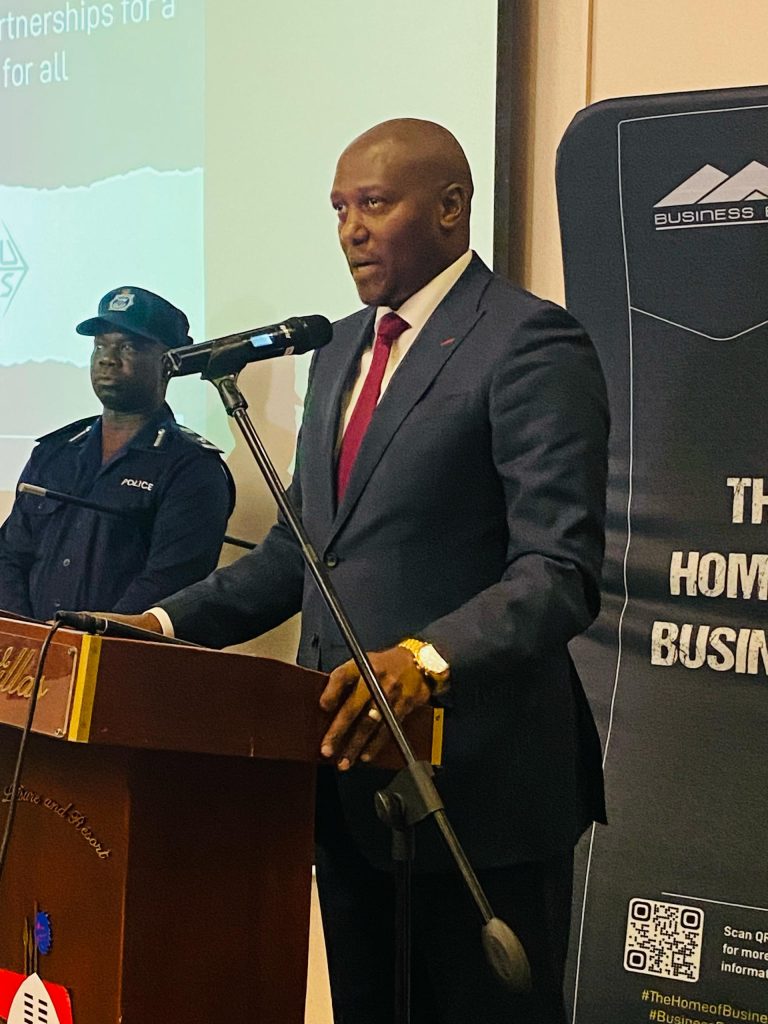
Business Eswatini (BE) has issued a strong call for the government and social partners to urgently address outstanding labour issues that could see Eswatini placed back under the International Labour Organization’s (ILO) special paragraph.
Speaking at the Business-to-Government (B2G) Dialogue, BE President – Mvuselelo Fakudze -stressed the urgency of resolving these matters before the upcoming ILO conference in June.
“The clock is ticking. I would, therefore, like to encourage all concerned to put the best interest of the country first by resolving all outstanding disputes before the ILO conference,” Fakudze said.
Being placed under the ILO’s special paragraph is a significant concern for Eswatini, as it signals that the country is failing to meet its international labour obligations. Such a move could have far-reaching consequences, including reputational damage, reduced investor confidence, and potential trade restrictions from key international partners.
Fakudze emphasized that the labour policy challenges are not insurmountable if all social partners engage in productive dialogue.
“These issues are not extremely complicated if social partners are willing to engage in meaningful discussions,” he stated.
BE reiterated its position that the country’s labour policies must align with international conventions to which Eswatini is a signatory.
“A conducive policy environment is the cornerstone for turning pipeline projects into reality. These endeavours are not just investments in infrastructure but investments in the very fabric of our society,” said Fakudze.
BE has continuously advocated for labour policy reforms that balance economic growth with fair labour practices, ensuring that the rights of both employers and employees are protected. The organization believes that striking this balance will be key to maintaining Eswatini’s economic stability and investor appeal.

As the government and private sector deepen their collaboration through initiatives such as the Structured Business Relations (SBR) concept, Business Eswatini sees the resolution of labour disputes as a critical step toward strengthening Eswatini’s business climate.
Fakudze urged all stakeholders to engage constructively and prioritize the country’s long-term economic and social stability. “I do not doubt in my mind that the issues will be resolved in time if all concerned parties work together in good faith,” he said.
